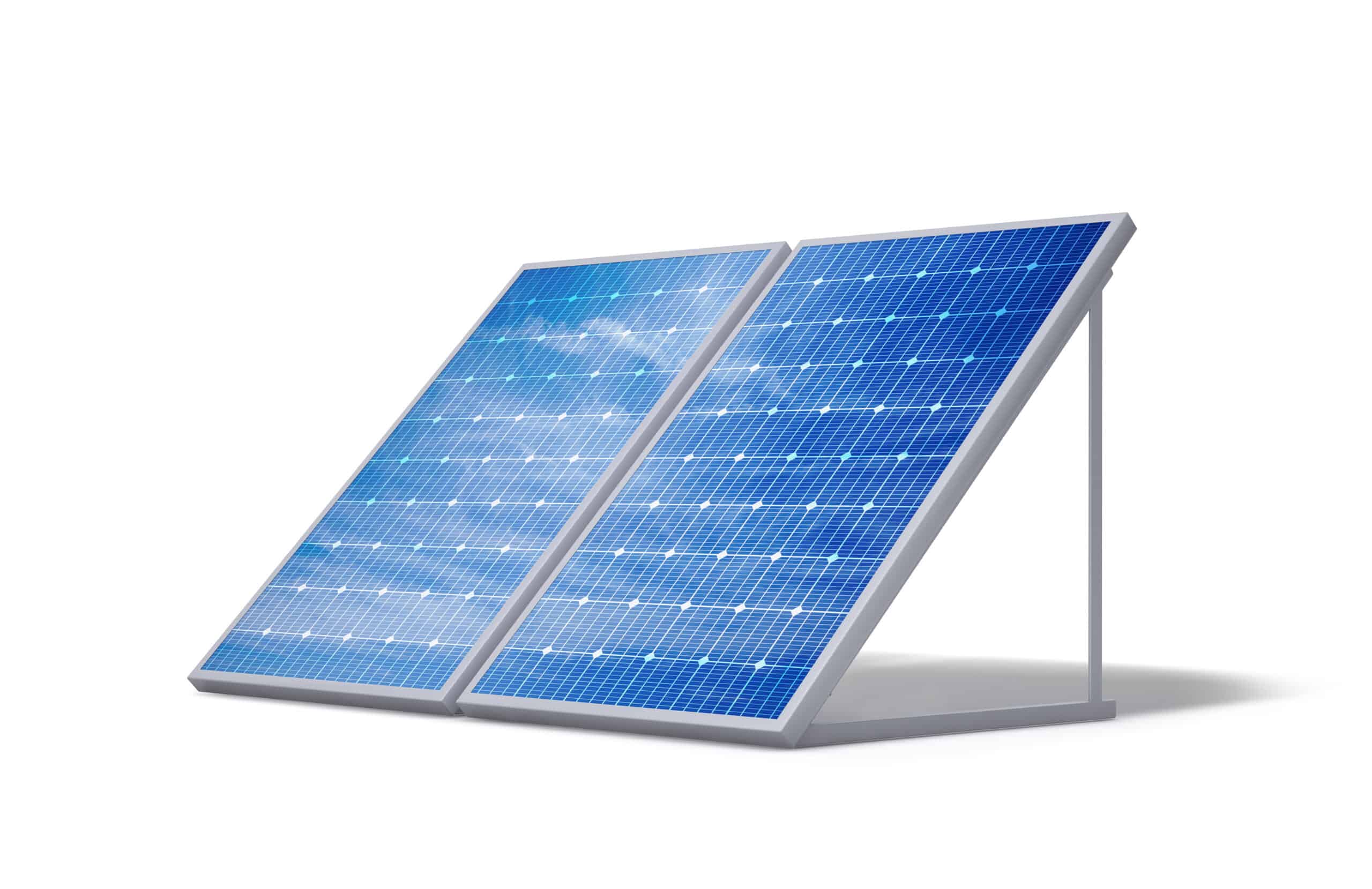A water heater consumes about 20% of a home’s energy according to ENERGY STAR. So it’s a significant cost and therefore a great way to save money when you can reduce the usage or energy consumed.
As solar technology becomes more widely available and affordable, it’s one option to reduce energy usage particularly from your water heater. Modern solar panels don’t necessarily need to cover your entire roof to offer the advantage of heating your water but some explanation is needed.
You need enough solar panels to replace the wattage of your water heater. The typical water heater uses between 1 kWh and 6 kWh every hour and typical solar panels absorb and produce 100 to 300-watt of energy. So for an average 3 kWh water heater, you’d need 1-3 solar panels depending on the wattage of each panel.
As we’ll see below, there are several aspects of a solar system used specifically to power your water heater that you should be aware of along with my personal experience with this system.
What impacts a solar system’s capacity to produce energy?
Asking how many solar panels you need to produce energy to power your water heater is an obvious and relevant question.
But the fact is that your solar system requirements involve several considerations that you need to think about:
- What is the wattage and size of each solar panel? The higher the wattage and bigger the panel, the more energy it can deliver.
- What is the wattage and size of your water heater? The higher the wattage (energy required) and the bigger the tank, the more energy capacity you require. Check with your water heater supplier to confirm this.
- How much sun do you get locally? The more, the better.
- How high do you set the water temperature? The higher the temperature, the more energy you need to heat to the desired temperature.
Indicative energy savings with solar roof panels
Water heaters are normally powered by either electricity or natural gas. Natural gas tends to be cheaper than electricity but either way, a water heater is a large component of your home’s energy usage.
Depending on where you live and the local costs of electricity and gas, here are potential savings you could see each month when your water heater has a solar system that overrides the electricity or gas usage when possible.
| Consumption of electricity | Savings/month | Consumption of natural gas | Savings/month |
| 1,500 kWh/year | $50 | 10,000 kWh/year | $90 |
| 2,500 kWh/year | $80 | 18,000 kWh/year | $160 |
| 3,500 kWh/year | $110 | 24,000 kWh/year | $195 |
| 5,000 kWh/year | $150 | 32,000 kWh/year | $260 |
Check with your local energy or solar provider as chances are they have a savings grid or calculator to determine costs and savings applicable to you.
As the cost of energy goes up, so does your potential savings.
My personal experience with roof solar panels for water heating

When my family purchased a new home that was fitted with solar panels on the roof specifically for heating water, I was interested to see what cost savings could be achieved.
This was especially true given that natural gas prices normally used for water heating have skyrocketed globally.
For the record, our water heater is gas-fueled.
An interesting thing initially happened: The system was incorrectly installed and unbeknownst to me, didn’t work so for the first few winter months, the water heater was 100% fueled with gas as normal.
I noticed that the actual water temperature was always a few degrees lower than the set temperature. At that point we assumed the solar system was working so the results didn’t seem too impressive.
We got a call from the builder concerning a potential problem with the solar system that needed to be looked at. Once the solar system was fixed however, the benefits became immediately visible when the sunny days of spring arrived. From then on the water heater was completely run by the solar system and the gas meter in our home barely moved throughout the summer and into the fall.
And even though I had the water heater set on a reasonable 50°C (122°F), the water temperature would easily go over 60°C (140°F) on somewhat sunny days.
On very sunny days, I visually saw the water temperature go as high as 72°C (162°F).
And also for the record, we have 3 solar panels on our roof as you’ll see below.



